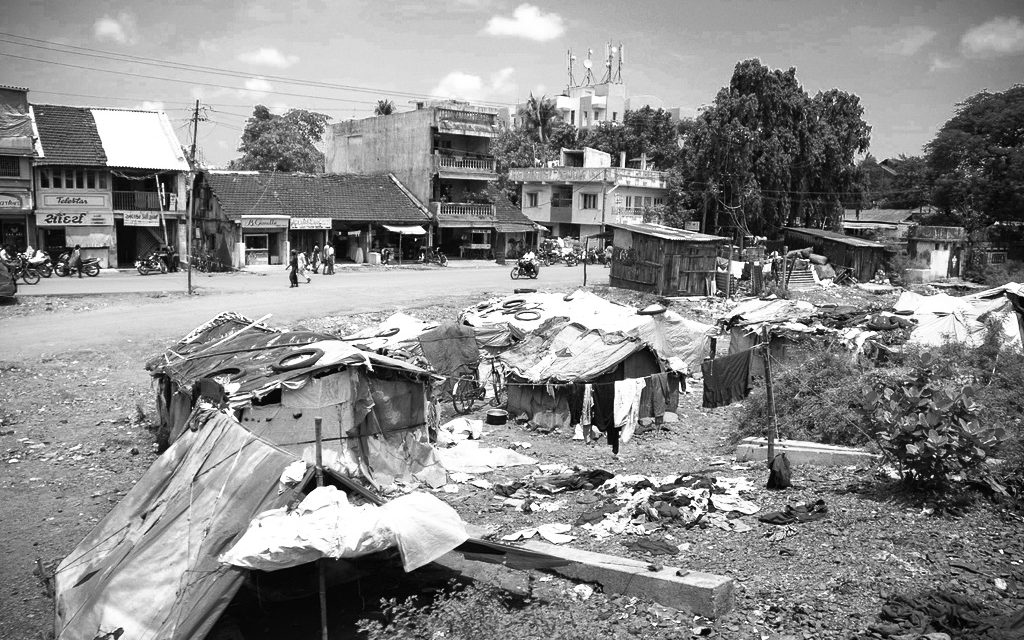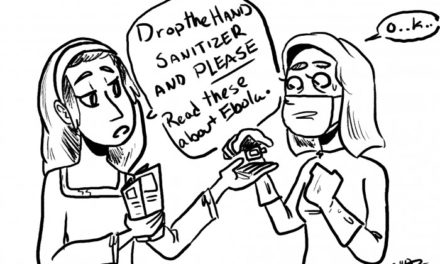I want to preface this article by saying that I do support the idea of closing the gap between peoples of different incomes, and I think humanity has an obligation to spread equality, especially in the context income disparities. That being said, I find “ethical egoism,” or the idea that people should be ethical because it is in their best interest, one of the worst frameworks to abide by. Friedrich Nietzsche, a 19th century German philosopher, criticized this idea. He argued that those who engage in “charitable” actions because it makes them feel better about themselves are actually worse of in the “ethical” realm (this went along with his criticism of Christian altruism, but that’s a whole different topic). Ethical egoism really made me take a good look at the justification for why people give money to others and why this justification is abysmal for present day society.
The problem arises when we begin to analyze the ideological view of poverty that many people have. The way I see it, when people continue to pity those “in need,” they are functionally telling them how they should be living and chastising them for being “poor”. These are people with large political influence and a surplus of resources that use said surplus as a way to further this violent us-them dichotomy that’s inherent in political discourse. The process in which people do this is called “Otherization,” or the differentiation between “them” (the “powerless” other) and “us” (the “powerful” helper). This kind of Otherization results in the social distance that is prevalent in today’s society, allowing “us” to continue to stigmatize “them” and ultimately reducing these people’s value to life.
I’m going to outline three specific reasons as to why this dichotomy is bad, not only for ethics but in the general context of human progression. They include: the discourse of helplessness, the logistics of income distribution and a “poverty paradox” that categorizes the poor.
The first is the idea of helplessness. People who engage in charitable actions also engage in the poverty representations of helplessness. This argument ostracizes those in poverty and insinuates that it is is their fault that they are supposedly impoverished. Such isolation creates an ethic of helplessness which precludes any kind of motivation to act. It also blames people for the economic standing that they are in, thus enabling the discourse of Otherization and “justifying” the us-them dichotomy.
The second is the logistics of income distribution. Today’s society, especially those in the political realm, constantly focuses on those who are supposedly in poverty while failing to realize that the current capitalist system is the root cause of these income inequalities. The failure to recognize the problems with the capitalist system blind-folds these people and justifies their “need” to “help” these people. We have to realize that these people are not in poverty because they put themselves there.
Lastly is the poverty paradox. The discourse of poverty has a habit of categorizing the poor: those who are able bodied and those who are not. Those who are physical incapable of work are viewed in a positive sense only because they are deemed as “in-need” while those who are able to work but are still impoverished are perceived as lazy and unproductive. This kind of systemic categorization of what is “good” and “bad” in the context of poverty allows for the isolation of certain people. This ultimately justifies rampant intervention by “us” because “we” are seen as saviors for the “needy them.” Developing countries are a good example of how this discourse shapes the way in which foreign policy and “humanitarian” aid work. Images of those who need to be saved continue to justify the United States’ rampant militarism (see Iraq).
I know after reading this article, it may look like I’m a terrible person who doesn’t believe in helping others. That is just not true. I’m solely criticizing the way in which poverty is discussed in political discourse. I’m tired of people sitting on their high-horse and thinking that they are saving the world. It’s disrespectful and unjust. We should help people because we have a duty to do so, not to make ourselves feel better.
Priyanka Krishnamurthy is a College Sophomore from Coppell, Texas.
The Emory Wheel was founded in 1919 and is currently the only independent, student-run newspaper of Emory University. The Wheel publishes weekly on Wednesdays during the academic year, except during University holidays and scheduled publication intermissions.
The Wheel is financially and editorially independent from the University. All of its content is generated by the Wheel’s more than 100 student staff members and contributing writers, and its printing costs are covered by profits from self-generated advertising sales.






Power = organized people + organized money
How can low income, politically marginalized people gain power?
Through organization: Worker organizations, community organizations, women’s organizations, black empowerment organizations etc.
Charity can also contribute to the marginalization of organizations that lift up the leadership of those most impacted by hardship. Powerful corporations can justify their work destroying union organizing drives by saying….. “We donated $1,000,000 to the Make a Wish Foundation and therefore we are a responsible corporate actor.” (the fact that their own employees often cannot afford health care becomes tertiary at best)
There is a fundamental difference between empowerment of the most marginalized in our communities and the false compassion provided by charity giving where the rich give crumbs to the poor while parading about as angels.
The trouble is… Many of those in power keenly understand this fundamental difference and they certainly don’t want marginalized communities/groups/individuals to gain agency.
Kudos to the author.
The Rollins School of Public Health (Global Health Dept.) takes a deeper look at the concept of charity giving, non-profit interventions, particularly interventions that involve an outside actor entering into a community that is not their own and how those power dynamics play out when trying to reduce health disparities or wealth inequity.